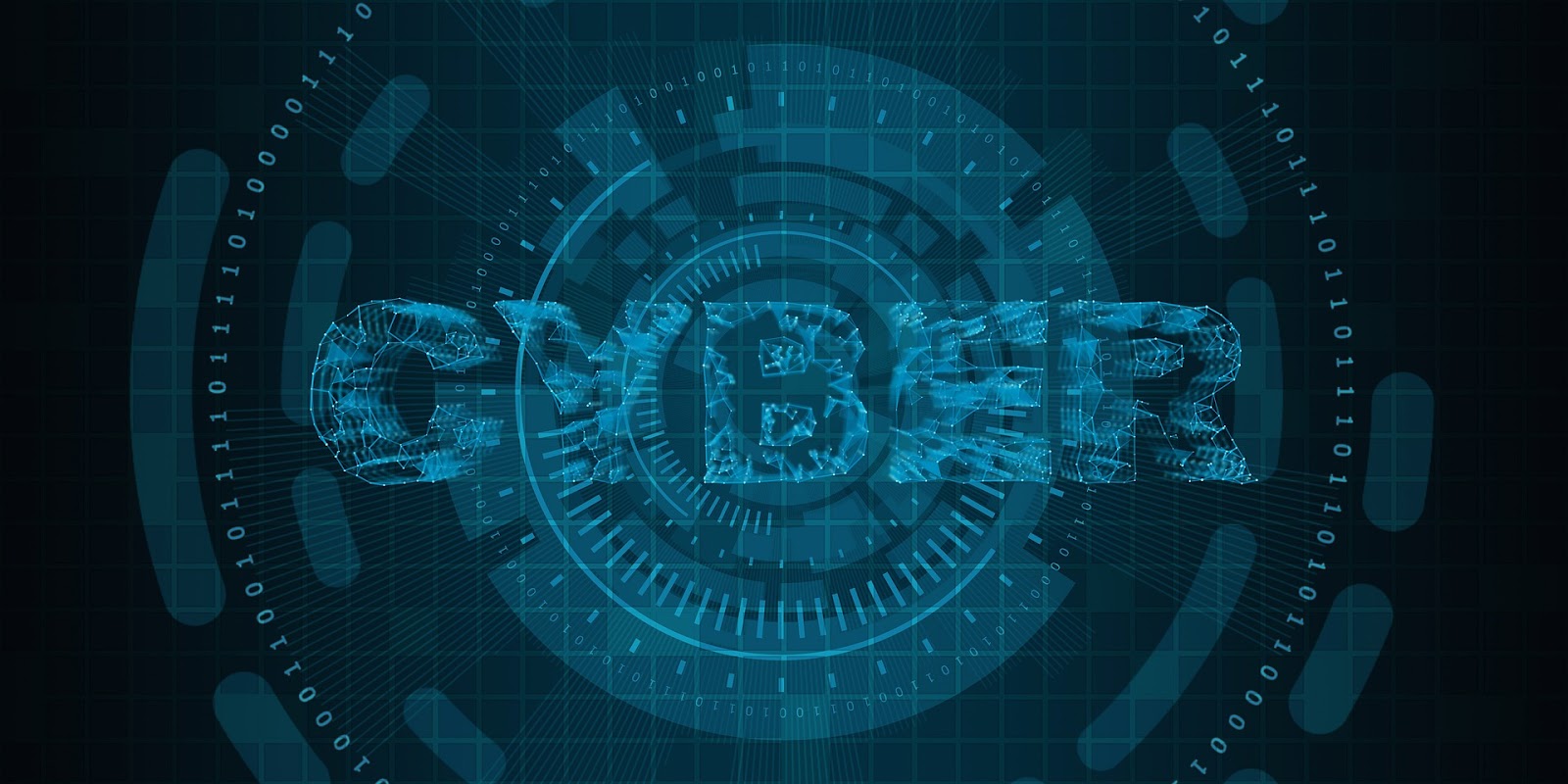

With geopolitical tensions between India, Pakistan, and China, this US company’s technology is being misused to spy on its neighbors. Read on to find out more!
Introduction: US Company’s Technology and its Misuse by the Indian Government
The misuse of a US company’s technology by the Indian government to spy on Pakistan and China has been a hot topic in the international media. This paper will discuss how the Indian government uses this technology to conduct espionage and surveillance activities on their regional neighbours. It will also examine the implications of these activities and the potential legal ramifications for both India and the US company accused of providing the technology for misuse.
To understand how this technology is being abused, it’s important to examine India’s geopolitical landscape and its relations with Pakistan and China respectively. By understanding this dynamic, one can get an insight into why India may have turned to a US-based company for assistance bypassing its own security systems.
Moreover, it is essential to look at how similar technologies have been used in other countries to compare their use in India vis-à-vis those occurring elsewhere. In particular, there have been allegations of overreach when using facial recognition software, which provides some crucial context regarding why India’s govt may abuse this tech as opposed to other countries.
Finally, this paper will evaluate what legal steps are being taken against those accused of using US companies’ technologies for purposes that go beyond agreed upon measures or against established regulations regarding privacy if any. The aim here is not just to recognize the wrongdoings but also suggest ways such illegal actions can be prevented or discouraged from reoccurring in future criminal versus commercially permissible activities. Hence, as not further jeopardize international relations going forward.
The Technology in Question: What is it and How Does it Work?
The technology in question is an artificial intelligence (AI)-driven surveillance system created by a prominent US-based tech company. The system captures and analyzes data from various sources such as cameras, cell phones, drones, and satellite images to generate a real-time picture of people or incidents of interest. It then uses its AI capability to quickly identify suspicious activities or persons.
It is worth noting that this technology has been used for various purposes in the US since its development, such as in alerting law enforcement officers to potential threats or emergencies. However, the concern is that the Indian government has been using it to spy on potential targets – primarily Pakistan and China – without their knowledge or consent.
In particular, recent reports have suggested that the Indian government may use the surveillance system to gain intelligence on its regional adversaries, including Pakistani and Chinese military activities in the disputed Kashmir region. This has reportedly included monitoring border crossings with unmanned aerial vehicles (UAVs), tracking political leaders’ movements and eavesdropping on communications via cell phones and other devices.
Although it is unclear how much information is being collected through this system, these alleged activities raise serious questions about privacy rights violations beyond India’s borders. In addition, it also highlights possible risks associated with unrestricted access to powerful AI technologies if left unchecked or unregulated – especially amid growing tensions between rival countries over security concerns in South Asia.
US company’s tech abused by Indian govt to spy on Pak, China
It has been alleged that the Indian government is misusing US company’s technology to monitor the communications and activities of citizens of rival countries Pakistan and China. The Indian government claims that it uses the technology, typically used for crime-prevention and public safety purposes, to monitor cross border communications between Pakistan and China as part of its national security efforts.
Using such technology for purposes other than originally intended has raised serious concerns about its potential misuse by Indian authorities for monitoring the activities of political adversaries and citizens. Furthermore, the lack of transparency in using this technology may violate international human rights law.
Civil society organizations worldwide have widely condemned the misuse of these technologies. However, citizens have also expressed unhappiness with this news as a violation of their fundamental rights to freedom from surveillance by a foreign government, especially one with an autocratic history such as India’s. This news has had a polarizing effect among citizens who view their nation’s actions with either approval or strong disapproval, further contributing to fragile relationships between India and other nations in South Asia.
The Impact on India’s Neighbors: How is Pakistan and China Affected?
India’s government’s use of US technology to spy on Pakistan and China is causing significant and growing tension between the three countries. By using highly advanced software, India has used its intelligence to monitor Pakistani and Chinese emails, telephone calls, digital communication, military data and other sensitive information without detection.
Though India claims the activity is for counter-terrorism purposes, Pakistan has accused India of acting in bad faith by violating domestic laws to gain an upper hand in regional disputes between them. Furthermore, allegations have been made that India is working alongside other foreign powers such as Israel and the United States to commit these violations with no accountability or oversight mechanisms.
Pakistan has responded by condemning the practice and taking a defensive stance against Indian aggression. The Chinese government has also expressed concern over India’s suspected use of US company’s technology to spy on its neighbors. Chinese tech giant Huawei has repeatedly denied any involvement with Indian intelligence operations, though some believe that espionage could be occurring through backdoor access on their products sold in India.
There are growing concerns within international circles that these activities could lead to increased hostility between all parties involved while hindering talks of peace negotiations between them and potential cooperation among partners throughout South Asia.

The International Response: How has the Global Community Reacted?
The misuse of US company’s technology by the Indian government to spy on Pakistani and Chinese citizens has sparked an international debate. Many countries and organizations have expressed concern upon learning of the disclosure and some have called for an emergency inquiry into the matter.
The United Nations Office of the High Commissioner for Human Rights (OHCHR) has been monitoring the situation closely, stating that “the Indian government should ensure its security measures fully respect human rights standards, including freedom from unlawful and arbitrary surveillance”. Furthermore, in a statement on July 16th 2020, Human Rights Watch urged India to “end repression in disputed areas, end abuses by its forces against civilians in Kashmir, stop blocking access to communications networks in Jammu & Kashmir, and refrain from using law enforcement pretexts to surveil legitimate activities.”
Meanwhile EU Member States have voiced similar concerns calling on India to ensure that its domestic security measures comply with international human rights law. The UK Foreign Office Minister for Asia also noted that surveillance mechanisms should comply with international human rights standards and urged continued dialogue between Pakistan and India.
Furthermore, members of the diplomatic community worldwide have taken a firm stance against any form of surveillance which would violate fundamental freedoms guaranteed within their respective countries or in internationally accepted covenants such as Article 17 of ICCPR (International Covenant on Civil and Political Rights). Such freedom from interference applies across all nations without discriminations based on race or religion.
The Legal Implications: What are the Legal Consequences?
With the recent news of a US-based technology company being misused by the Indian government to spy on Pakistan, China and other foreign entities, many people have been left wondering what the legal consequences may be. However, despite the potential for diplomatic backlash, very little legal action has been taken.
Many countries worldwide have laws that criminalize certain activities such as illicit spying, but these laws can vary widely from country to country. In India’s case, any investigative and criminal proceedings related to these allegations must be done according to their respective laws.
Countries generally rely on international agreements and law enforcement agencies to combat acts of espionage and other similar forms of unlawful behavior. This includes cooperative efforts among different countries that are committed to fighting organized crime or enforcing sanctions against terrorist groups. However, when it comes to this kind of technological espionage, most countries are still in early stages of implementation when it comes to building a proper legal framework that would effectively protect citizens’ data privacy while also holding those responsible accountable for their actions.
The US government has made some progress in tackling this issue by introducing many federal laws prohibiting unauthorized access to computer networks or unlawful interception of any data or information sent over telecommunications lines. However, while these regulations provide a starting point for protecting US citizens from digital harms like espionage, they do not cover all technology misuse committed by governments outside US borders.
Due to the lack of global consensus regarding how such cases should be legally treated – both domestically and internationally – it appears unlikely that any real accountability will emerge from this investigation anytime soon. That said, it is important for us to consider how we can better protect data privacy through global regulation so that no one’s rights will be violated due to intentional or unintentional misuse of technology for hostile intent.

The Potential Solutions: What Can be Done to Prevent Misuse?
In recent years, there have been several reports of a US-based tech company’s technology being misused by the Indian government to spy on Pakistan and China. This has raised concerns over the potential vulnerability of a country’s national security due to such misuse. Therefore, it is important to consider measures to prevent such technology from being misused.
One solution would be for governments worldwide to better regulate and monitor how their citizens use technology. For example, governments must ensure that state-sponsored agencies are properly oversighted and held accountable for their actions when using highly sensitive technologies. Additionally, those who access such technology should be anonymized to protect their identities from potential misuse or exploitation.
Furthermore, an international framework that limits access and outlines procedures for using any form of technological surveillance equipment and software responsibly should be established. Such a framework could effectively regulate how countries license and use technologies by requiring them to gain prior approval or provide comprehensive, publicly available reports following any use of highly advanced technologies.
Another important step in addressing this issue will be creating better public awareness regarding data privacy rights and protecting people’s digital footprints from possible exploitation or abuse. All users should understand what they are signing up for when they share anything online through various platforms or websites. Government privacy policies should protect users’ digital data from malicious actors or abuses by governments and corporations. States should also invest time, energy, and funds into educating their citizens about the importance of cyber security and providing resources on how best to protect oneself against hacking attempts or malicious cyberattacks.
Ultimately, all states must take responsible actions concerning using sensitive technologies within their borders so that nations can maintain peace amongst each other without worrying about potential exploitation or security threats caused by misuse.
Conclusion: Summarizing the Key Points and Looking Ahead
This report has explored how a US company’s technology is being misused by the Indian government, particularly their use for espionage purposes against neighboring countries, such as Pakistan and China. The technology in question has been specifically designed for surveillance and was acquired through legal channels. Although it is being used for legitimate security concerns within India’s borders, its misuse for spying on neighboring countries violates international law.
The report has also highlighted some ethical dilemmas arising from this situation, namely issues relating to human rights abuses and data privacy protection. However, these moral questions are not easily answered and ultimately require understanding global power dynamics and local circumstances within India.
Looking forward into the future, the US government must take a more active role in regulating how technology developed within its borders can be used abroad by foreign governments. It should also adhere to international standards that protect human rights and data privacy while ensuring individual national jurisdictions serve national security interests. This type of responsible management can ensure that technology developments are used responsibly and ethically rather than abused or misused with potentially devastating consequences.













